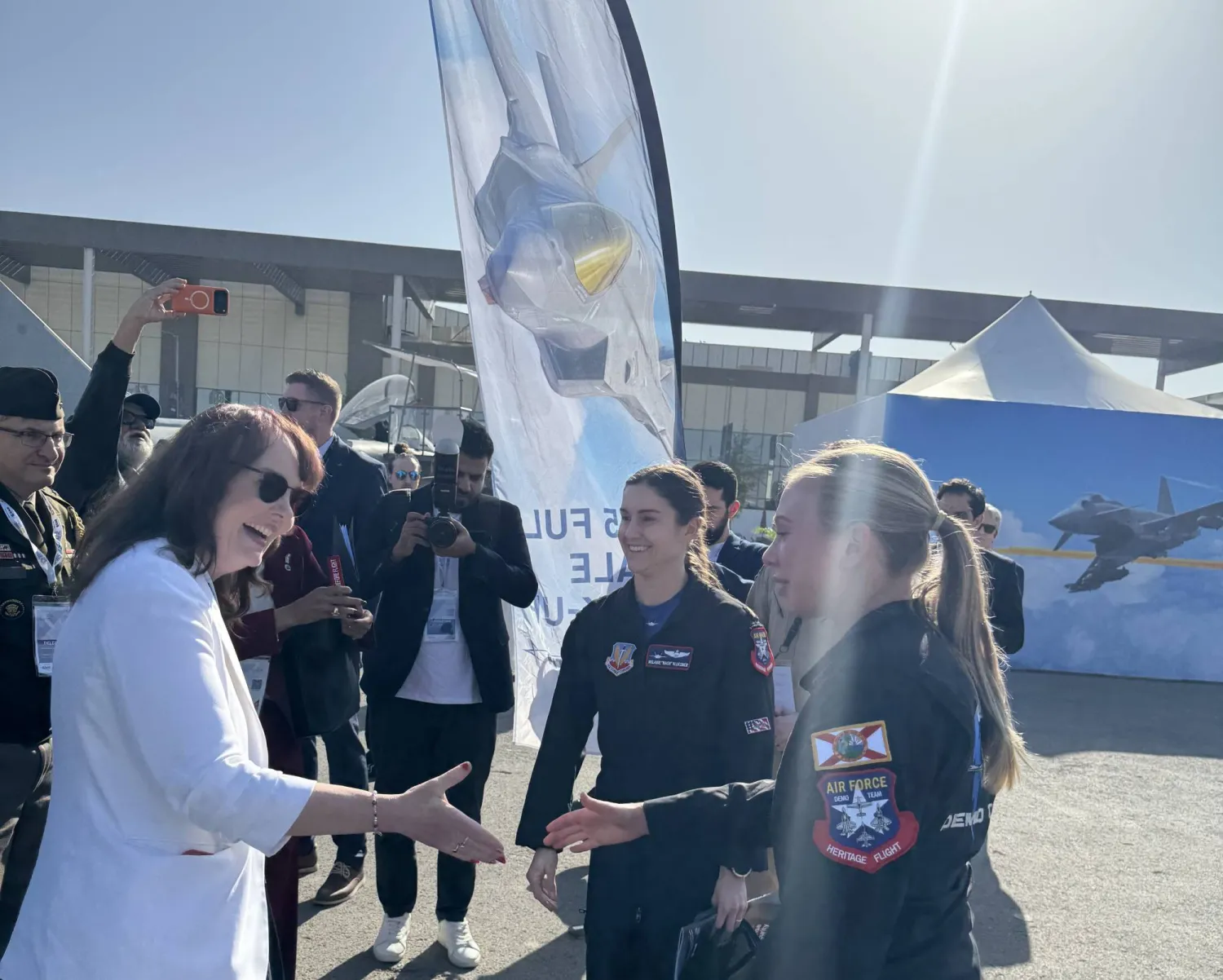China has leverage on Iran and Tehran will find it difficult to explain if it does not honor the agreement signed with Saudi Arabia in Beijing, a Saudi official said on Wednesday.
Iran and Saudi Arabia agreed on Friday to re-establish relations, seven years after they were severed, following talks in China.
Meanwhile, US Secretary of State Antony Blinken offered guarded praise to China for brokering the agreement, saying it could benefit the region.
"From our perspective, anything that can help reduce tensions, avoid conflict and deter in any way dangerous and destabilizing actions by Iran is a good thing," Blinken told reporters on a visit to Ethiopia, reported AFP.
The Saudi official told reporters: "The US and China are both very important partners... We certainly hope not to be... party to any competition or dispute between the two superpowers."
US officials were briefed before the Saudi delegation travelled to Beijing and before the deal was announced last week, the official said.
Chinese leader Xi Jinping approached Saudi Prince Mohammed bin Salman, Crown Prince and Prime Minister, last year about Beijing serving as a "bridge" between the Kingdom and Iran, jump-starting talks that yielded last week's rapprochement, the Saudi official said.
"The Chinese president expressed his desire for China to be a bridge between Saudi Arabia and Iran. His Royal Highness the Crown Prince welcomed this," the official said, later adding that Riyadh sees Beijing as being in a "unique" position to wield unmatched "leverage" in the Gulf.
China is in a unique position as it enjoys exceptional relations with both Iran and Saudi Arabia, he stated.
"For Iran in particular, China is either No 1 or No 2 in terms of its international partners. And so the leverage is important in that regard, and you cannot have an alternative that is equal in importance," the official remarked.
Several other meetings also laid the groundwork for last week's talks in Beijing, according to the official.
They included a brief exchange between the Saudi and Iranian foreign ministers during a regional summit in Jordan in late December, talks between the Saudi foreign minister and Iran's deputy president during the inauguration of Brazilian President Luiz Inacio Lula da Silva in January, and a visit by Iranian President Ebrahim Raisi to Beijing in February.
China's role makes it more likely the terms of the deal will hold, the official said.
"It is a major stakeholder in the security and stability of the Gulf," he noted.
The talks in Beijing involved "five very extensive" sessions on thorny issues. The most difficult topics were related to Yemen, the media, and China's role, the official revealed.
The talks did not address Iran’s nuclear deal, he said.
The agreement identifies a two-month window to formally resume diplomatic ties.
It also includes vows for each side to respect the other's sovereignty and not interfere in the other's "internal affairs".
Meanwhile, Iranian Assistant Minister of Foreign Affairs Alireza Enayati said on Wednesday that a meeting between Saudi Foreign Minister Prince Faisal bin Farhan bin Abdullah and his Iranian counterpart Hossein Amir-Abdollahian will be discussed after the two countries reinstate their ambassadors.
In remarks to Iran’s IRNA agency, he said more understandings were needed before the meeting can be arranged and whether a third party may be involved or not.









